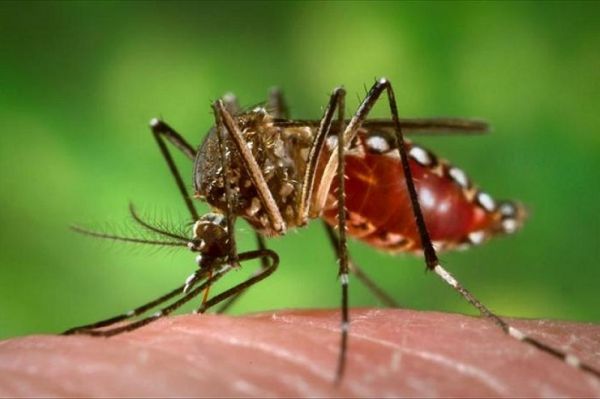
The same species of mosquito that spreads dengue and chikungunya also carries Zika, which just arrived in the Americas and is now reported in the Caribbean.
Zika arrived in the Caribbean this week and is definitely not your garden-variety tropical illness caused by mosquitos. Unlike dengue and chikungunya, a person with Zika can spread the disease through sex, health officials say.
» Jamaica: Health ministry prepares for Zika's "inevitable" appearance.
The Pan American Health Organization issued an alert in May after Zika was observed in Brazil – the first case of the virus in the Americas. A 12-year-old girl from Puerto Plata in the Dominican Republic was diagnosed last week.
Caribbean health ministries from Jamaica to Trinidad and Tobago are reportedly on alert for Zika and taking precautions. Zika is not on the Florida Department of Health’s list of worrisome mosquito-borne illnesses. Until recently neither was chikungunya.
Chikungunya spread locally in Florida for the first time last year. It was also the first case in the U.S. outside of Puerto Rico and the U.S. Virgin Islands.
Commercial kits to diagnose Zika do not exist, according to the World Health Organization. Special blood tests are required to set Zika apart from dengue or chikungunya.
On the plus side, a Zika viral infection is considered tolerable compared to dengue, according to the Centers for Disease Control. Fever, joint and muscle pain, and swelling are bad but last only a few days. Shock and bleeding are uncommon. And worldwide, no deaths.
Florida health officials track local and travel-related cases of dengue and chikungunya each week and there are no local cases so far in 2015. Florida’s travel count for chikungunya is 24 and for dengue 10.
A Colorado researcher who was studying mosquitos in Senegal was diagnosed with Zika in 2009, according to Costa Rica’s Tico Times. After returning to the U.S. his wife became ill. Following a study the U.S. National Institutes of Health said the couple were the first confirmed case of an insect-borne disease transmitted through sex.
The virus was identified in 1947 in a rhesus monkey in the Zika Forest in Uganda. The first cases in humans were in 1952 in Uganda and Tanzania.
Outside
Bitcoin mining emissions in China will hit 130 million tonnes by 2024 https://t.co/w6He7so8N2 pic.twitter.com/qYUDtBdeRK
— New Scientist (@newscientist) April 9, 2021
The Gunk Report
For the Blue-Green Algal Bloom Weekly Update from the Florida Department of Environmental Protection, tap here. For DEP's Algal Bloom Sampling Map, tap here.
What, me worry?
» "PLAYING WITH SHARKS," which recently premiered at the Sundance Film Festival, documents diving legend Valerie Taylor.